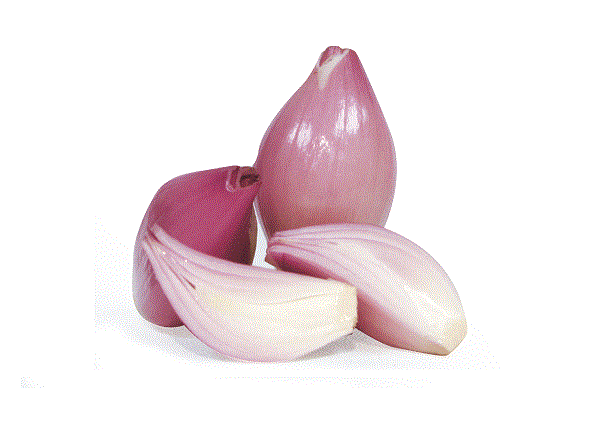After a somewhat turbulent start, seedling shallots have managed to carve out a place for themselves on the French market. According to Yannick Chevray, marketing and sales support manager at Bejo France, the “many advantages" have gradually convinced producers.
“A breakthrough innovation”
“At the end of the 90s, we came onto the market with our first seedling shallots,” explains Yannick about the beginnings of the product. A small revolution in the allium sector since, at the time, all shallots produced and marketed came from the vegetative propagation process. “It was a real breakthrough innovation! All of Bejo's breeding work went into selecting varieties with viable seeds.” Bejo's first seedling shallots are now on the market. The only drawback is that they were round, whereas the oblong shape is the predominant one in France. We therefore developed our first oblong Conservor variety.”
 Sown from February to March and harvested as early as August, seedling shallots are said to stand out for their better storage capacity. “This characteristic is intrinsic to the product cycle,” according to Yannick Chevray, who gave the first oblong shallot developed by Bejo its name: Conservor.
Sown from February to March and harvested as early as August, seedling shallots are said to stand out for their better storage capacity. “This characteristic is intrinsic to the product cycle,” according to Yannick Chevray, who gave the first oblong shallot developed by Bejo its name: Conservor.
What are the yields and production costs?
The final yield is higher for seedling shallots (40 tons per hectare on average, compared with 26 tons for traditional shallots), and overall, production costs are similar. For traditional shallots, the planting costs are the highest, whereas for seedling shallots, the costs are mainly for seed production.” It takes two years before the seed can be marketed. “We place a female and a male line in parallel. The female line is fertilized by the male line using our own bees. Once fertilization has taken place, the male line is destroyed and the seed is harvested from the female line. This is followed by sorting, drying, disease control and grading, before "the technoseed preparation phase begins (coating and pregermination), in order to offer to our clients a seed that is easy to germinate.”
“Highly favorable environmental context”
“The environmental context is highly favorable for our crop,” according to Yannick Chevray. “The crops start with a healthy, virus-free product, so the need for treatments is limited. This is the case, for example, with our mildew-resistant Innovator variety, which requires far fewer preventive treatments. Regarding plastics, Bejo has also gone one step further by withdrawing the microplastic previously required for seed coating. These are significant advantages, especially for farms with the organic or HEV certifications. “We can provide an optimum solution for farms seeking to achieve these environmental objectives.” It is a way of meeting a growing demand from consumers, “who are increasingly concerned about the impact of their own consumption.” As for certifications, “the use of a seed makes certification easier for producers (IFS, Global GAP) thanks to traceability (batch number) and the variety's inclusion in the catalog.”
For more information: Yannick Chevray
Yannick Chevray
Bejo France
« Beauchêne »
49250 Beaufort en Vallée
Phone: +33 (0)2 41 57 64 75
Mobile: +33 (0)6 07 95 44 95
[email protected]
www.bejo.fr










